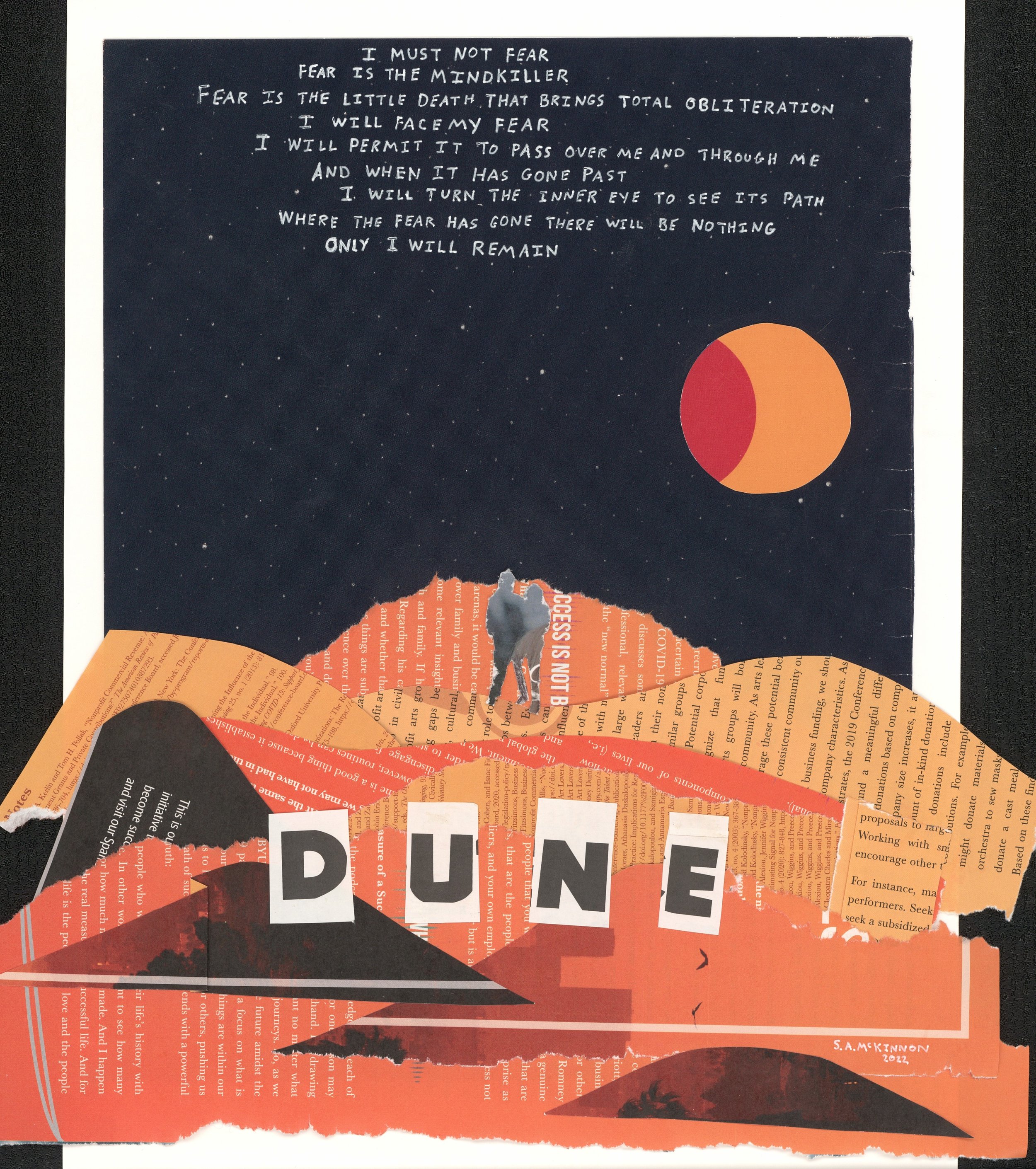Good Ideas: They Come From Your Head
I took a literature class my senior year of high school. We had a class discussion one day as we were preparing to write an analysis essay regarding Mary Shelley’s book Frankenstein.
My teacher was telling the class that we shouldn’t find ideas for our analysis essay online. She then said, “the internet is a depository of mediocre thinking.” This really concerned me, so I immediately raised my hand to ask a follow up question:
“Where do you go to get good ideas?”
Everyone else in the class laughed; I felt embarrassed. It sounded like I was trying to find sources for plagiarizing answers. But I was genuinely concerned—if the internet is just some depository of mediocre thinking, where on earth was I supposed to go to find good ideas?
She looked startled that I asked the question, but one millisecond later she gave me an answer that changed my life:
“Your head.”
Good ideas come from my head. If I want good ideas, I can think of them.
Imagine all the things that my teacher could have told me. She could have given a lecture on finding peer reviewed sources, or referred me to the library. But my question revealed that I was assuming that good ideas only came from outside sources and that I had to find them. Her answer helped me realize that I could create my own good ideas.
Why have our own Ideas?
Sometimes, in the pursuit of an education, we get so caught up in seeking to understand something that we forget the importance of original, creative thought. Comprehending challenging concepts is often so mentally demanding that we are left without any surplus energy to ask questions and connect information. Don’t get me wrong, mastery of existing principles is crucially important. But gaining an education is also about having our own, original ideas.
With my high school Frankenstein essay, I spent a lot of time trying to figure out what was going on in the story. So much so, that when the time came to write an essay on what I had learned from Frankenstein - as opposed to what I learned about Frankenstein - I was stumped.
I have thought about my literature teacher’s response for a long time. Eventually, I formulated two questions that I frequently think about:
How do I create my own new ideas instead of repeating the ideas around me?
Will my ideas even be good?
I’ll offer some insights that have come out of me trying to answer those questions.
Synthesize the Information Around You
An important part of creativity and design is the synthesis of preexisting ideas to inspire new ones. This world is full of good ideas, and there is more to the internet than mediocre thinking deposits. Bridging existing information with ideas that came from your head is a powerful source of good ideas.
In this kind of creativity, you can compare yourself to a collage artist. Collage is an art form where you combine existing images to create new ones. Here’s a collage I made to commemorate one of my favorite quotes from Frank Hebert’s Dune series [1]. I took everything in this collage from two local magazines and my friend’s wedding invitation:
Collage artists take existing pieces of paper (or other mediums) and combine them in new ways. In making this collage, I wanted to replicate the feel of sand dunes with yellow and orange pieces of paper.
Like a collage artist, you can assemble and combine ideas and information around you to create something new. Working in a group helps many people be creative, because they can iterate off other people’s ideas. When you do research for your next project, remember that you can use what you learn to create something new. That little change in mindset will make a huge difference in your creative work.
You Can Create Anything
There is no limit to what you can imagine. In book three of the Dune series, Hebert wrote that “the only rule governing creativity is the act of creation itself” [2]. Even though there are constraints in engineering, science, and design, creativity itself has none. Creativity is only concerned with the conception and expression of ideas. And “in an infinite universe, [where] anything can happen” [3], there is nothing stopping you from thinking of good ideas.
So, are the ideas from my head really the best? Or even good? I will assert that they can be. The sum of everything you learn and experience makes you uniquely qualified to create and share good ideas. An idea doesn’t need to win a Nobel Prize, or a popularity contest, for it to be helpful. Be confident with your ideas and share them. Your ideas will get better as people build off them, iterate, and make suggestions. So raise your hand in meetings, ask questions, give and solicit feedback. I believe that everyone’s ideas need to be heard for innovation to happen.
Hopefully you thought something more than, “Well how about that. Another chapter in the great depository of mediocre thinking we call the internet” while reading this article. But if that’s the case, just remember this:
“Where do you go to get good ideas?”
“Your head.”
References
[1] Dune, by Frank Hebert. Originally published 1965
[2] Children of Dune, by Frank Hebert. Originally published 1976.
[3] The Restaurant at the End of the Universe, Douglas Adams. Originally published 1980.
To cite this article:
McKinnon, Samuel. “Good Ideas: They Come From Your Head.” The BYU Design Review, 10 Jan. 2023, https://www.designreview.byu.edu/collections/wbnwal6pq02pr6fbfc4r3gzhvqlqcw.






